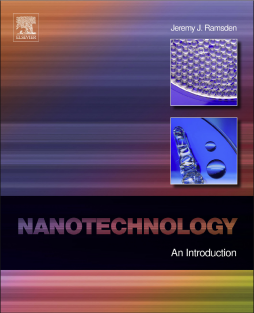
Additional Information
Book Details
Abstract
This book provides an overview of the rapidly growing and developing field of nanotechnology, focusing on key essentials and structured around a robust anatomy of the subject. The newcomer to nanotechnology, who may well have a strong background in one of the traditional disciplines such as physics, mechanical or electrical engineering, chemistry or biology or who may have been working in microelectromechanical systems (MEMS) technology, is confronted with a bewildering range of information. This book brings together the principles, theory and practice of nanotechnology, giving a broad yet authoritative introduction to the possibilities and limitations of this exciting field.
- Succinct chapter summaries allow readers to grasp quickly the concepts discussed and gain an overview of the field
- Discusses design and manufacture and applications and their impact in a wide range of nanotechnology areas
- An ideal introduction for businesses and potential investors in nanotechnology
"The book, Nanotechnology: An Introduction by Jeremy Ramsden, offers an introduction of the increasingly developing and growing nanotechnology field by highlighting the key fundamentals. It features a robust framework of the subject. This book is a collection of theories, principles, and experiments of nanotechnology presenting the overview"--Azonano.com
"…provides a very wide survey of topics, techniques, and concepts pertaining to the exploding discipline of nanotechnology. Unlike many other books in this field, Ramsden’s contribution provides substantial coverage of nanobiology and nanobiotechnology. In addition, the last of the book’s 12 chapters… addresses a topic often marginalized by scientists. This work is more a handbook or reference book than a textbook. Each section or subsection is usually only page or two long and describes the topic, technique or concept in concise detail, while assuming prior knowledge. This is ideal for experienced scientists or engineers new to the nanoscale field, but might be too difficult for students lacking a strong foundation."--CHOICE, July 2012, Vol. 49, No. 11
